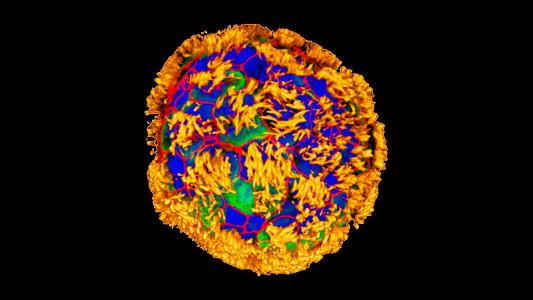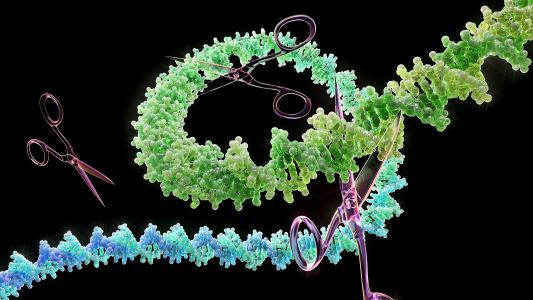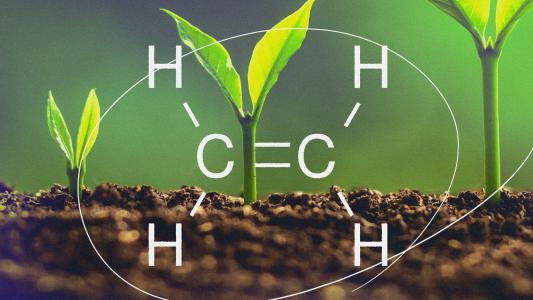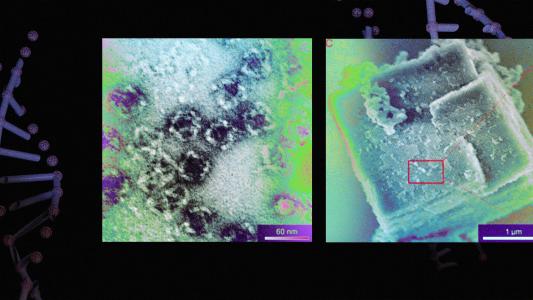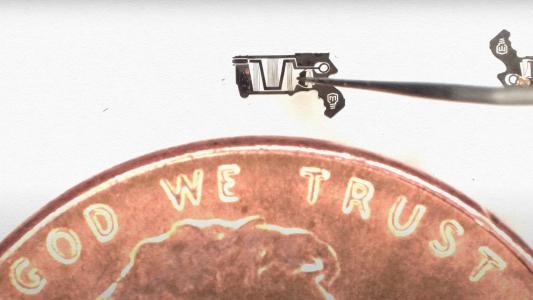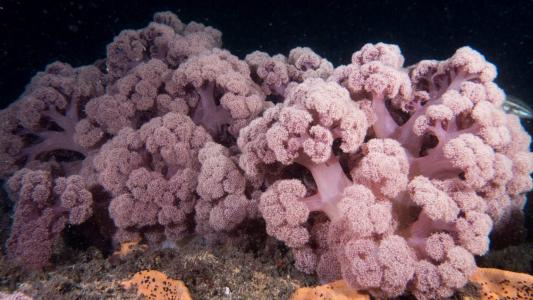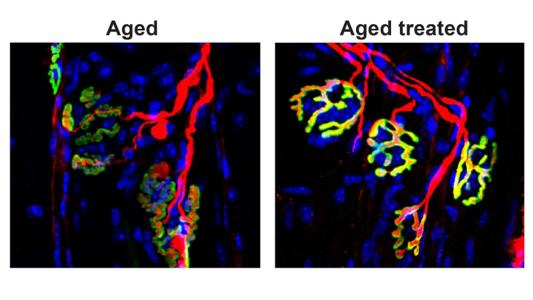Biology
Tiny biobots surprise their creators by healing wound
Tiny “biobots” made from human windpipe cells, amazingly, helped damaged neural tissue to repair itself in a new study.
This startup is solving the biggest problem to creating drugs that work
Lab-grown human tissues could revolutionize drug development. This AI-powered robot can create and test 10,000 of them at once.
Bad sleep worsens pain. Researchers may have discovered why.
Inadequate sleep worsens pain, which makes it difficult to sleep. This cycle may stem from disruptions to the body's endocannabinoid system.
Search algorithm reveals nearly 200 new kinds of CRISPR systems
Researchers have discovered rare new CRISPR systems that have a range of functions and could enable gene editing, diagnostics, and more.
Exposing plants to an unusual chemical early on may bolster their growth and help feed the world
"Priming" plants by exposing them to certain chemicals while they’re seeds can affect their growth later in life.
Human sleep patterns appear to change with the seasons
Researchers observed the sleep of 188 subjects to see if their slumbers would change in duration and structure along with the seasons.
“Iron Man” material made from DNA and glass is 4x stronger than steel
Using only DNA and glass, researchers made a material four times stronger and five times lighter than steel. It was inspired by Iron Man.
Ex-NASA engineer Mark Rober created the world’s smallest Nerf gun — from DNA
Mark Rober and Pallav Kosuri created a Nerf gun so tiny they had to build it out of DNA. This DNA "origami" has the potential to revolutionize engineering.
Sex life discovery raises IVF hope for endangered purple cauliflower soft coral
The purple cauliflower soft coral Dendronephthya australis, now listed as an endangered species, has a new hope of survival with IVF.
Blocking this one protein could strengthen muscles
Stanford researchers have figured out how a therapy that blocks a single protein can reverse age-related muscle loss in mice.
